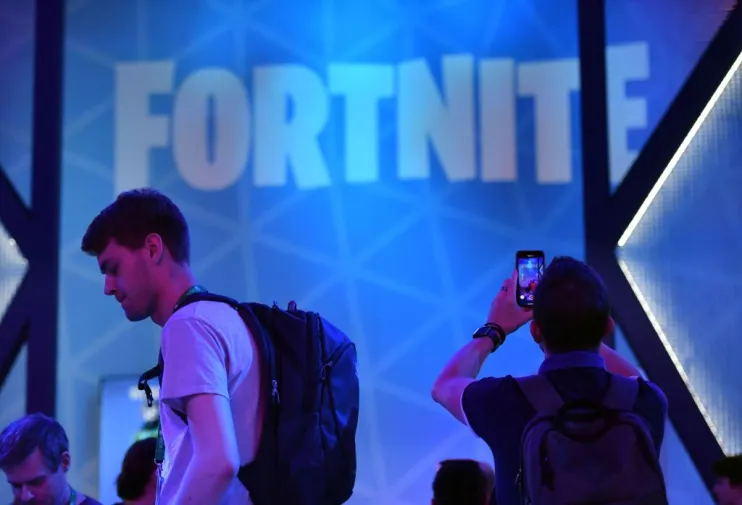Fortnite fined over £420m as video game makers face regulation

Makers of videogame Fortnite have been fined a record $520m (£428m) by the US’s Federal Trade Commission (FTC).
The fine is a two part penalty for Epic Games, the video game company behind Fortnite. The company was fined for tricking players into making in-game purchases and for storing children’s data without parental consent.
The penalty is the highest ever issued by the FTC for a breach. Lina Khan, FTC chair stated “Epic used privacy-invasive default settings and deceptive interfaces that tricked Fortnite users, including teenagers and children.”
In July 2022, the UK government had asked the games industry to regulate in-game purchases or face lawmakers. The FTC’s decision has bolstered calls for a more stringent the Online Safety Bill in the UK.
Fortnite’s legal woes began with the FTC charging it with non-compliance to the Children’s Online Privacy Protection Act (COPPA). The 1998 US federal law outlines the protection of minors over the internet. The case was filed in the US District Court for the Eastern District of North Carolina after a number of parents claimed their credit cards were used for unauthorized purchases.
In October 2022, the House of Lords raised questions about whether loot boxes, a common form of in-game purchases increased gambling-like behaviours among children. While loot boxes and videogames were not included under the Gambling Act of 2005, the Children’s Commissioner registered disapproval at this.
The Commissioner has asked the UK government to “take firm action to prevent under-18s from buying loot boxes. Relying on voluntary industry action and on parental controls will leave many children exposed to the financial and psychological harms of loot boxes.”
This has been followed by the Advertising Authority cracking down on mobile games that target minors or make use of sexually explicit content.
While the UK government is still urging industry regulation, video game and behavioural specialists James Close and Joanne Lloyd highlighted the dangers of video game monetisation. “There is a psychological overlap between reward processing in gambling and video gaming” adding that proper legislation could minimize harm.